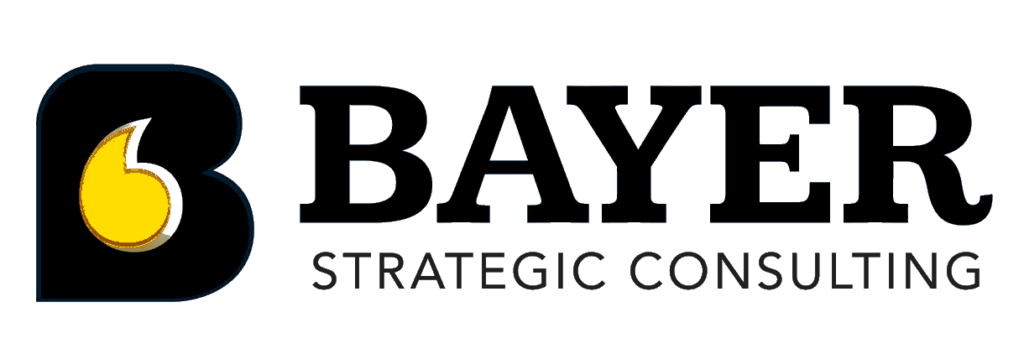This week’s episode features Sheril Kirshenbaum, a scientist and author working to enhance public understanding of science and improve communication between scientists, policymakers and the public.
Sheril currently hosts “Serving Up Science” at PBS Digital Studios and is executive director of Science Debate, a nonprofit nonpartisan organization working to get every candidate on record on science policy.
Sheril co-authored “Unscientific America: How Scientific Illiteracy Threatens Our Future” with Chris Mooney, which was chosen by Library Journal as one of the Best Sci-Tech Books of 2009 and was named by President Obama’s science advisor John Holdren as a top recommended read.
Sheril has been featured in documentary films about science and society and her writing appears in publications such as Bloomberg and The Atlantic as well as in scientific journals including Science and Nature. Sheril has been a 2015 Presidential Leadership Scholar, a Marshall Memorial Fellow, and a legislative NOAA Sea Grant Knauss Fellow in the U.S. Senate with Senator Bill Nelson (D-FL).
Sheril holds MSc degrees in marine biology and policy and is currently working toward a PhD in community sustainability. Her research focuses on how we make decisions about science and policy.
During this week’s episode, Sheril and I discussed a range of topics related to life as a scientist and science policy, including:
Sheril’s experience as the first in her immediate family to go to grad school, some of the challenges she faced, and how she successfully navigated in sometimes unfamiliar territory
Unscientific America, the excellent book Sheril co-authored with Chris Mooney more than 10 years ago highlighting anti-intellectual tendencies of the American public and what Sheril thinks is going wrong and what can be done to reverse this trend
Science Debate, which Sheril founded with colleagues during the 2008 U.S. election in response to the absence of science and technology topics in the presidential debates and in the campaigns, and the changes in the science policy landscape over the past 15 years or so
As a scientist, what surprised Sheril when she began her Knauss Fellowship in Sen. Bill Nelson’s office and what recommendations she has for listeners interested in getting into policymaking
Lessons Sheril has learned, as an international speaker about science communication, about presenting scientific information in an engaging, memorable way accessible to general audiences
Sheril’s book – The Science of Kissing – which explores everything you always wanted to know about kissing but either haven’t asked, couldn’t find out, or didn’t realize you should understand.
Looking to the rest of 2022 and beyond, how Sheril sees science communication evolving and resonating more with the general public, orr are we in for increased obstacles ahead, in terms of public attitudes towards science
